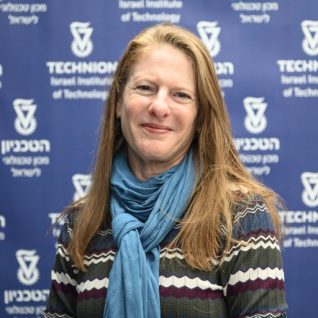פרופ’ מירי ברק, היא חברת סגל בפקולטה לחינוך למדע וטכנולוגיה בטכניון. היא ראש קבוצת -מדע וטכנולוגיות למידה שמטרתה לקדם שימוש ביישומי ענן בחינוך המדעי-הנדסי, בדגש על קידום מיומנויות המאה ה-21. עבודתה מתמקדת בשילוב טכנולוגיות ניידות ולמידה מבוססת-מיקום בהוראה ולמידה. מחקריה בוחנים היבטים קוגניטיביים וסוציו-תרבותיים בלמידה שיתופית בקבוצות קטנות וגדולות, מכוונות עצמית בלמידה מרחוק, אתיקה של המחקר, חשיבה חדשנית וגמישות מחשבתית. פרופ' ברק היא בוגרת בהצטיינות של הפקולטה להנדסת ביוטכנולוגיה ומזון בטכניון עם ניסיון עבודה בתעשייה כמהנדסת מחקר ופיתוח. את התארים הגבוהים למדה בפקולטה לחינוך למדע וטכנולוגיה בטכניון ובצעה מחקר בתר-דוקטורט באוניברסיטת MIT, במרכז ליוזמות טכנולוגיות בחינוך. פרופ' ברק שימשה בתפקיד העוזרת למשנה הבכיר לקידום הלמידה וההוראה בטכניון, והיא יו"ר לשעבר של הוועדה לאתיקה למחקר במדעי ההתנהגות. היא שימשה חוקרת ראשית במספר פרויקטים לאומיים ובינלאומיים בנושא למידה מבוססת מיקום (AugmentedWorld), למידה מבוססת משחק (Games of Food) וקורסי MOOC. פרופ' ברק היא עמיתת מחקר כבוד במחלקה לחינוך, אוניברסיטת אוקספורד, אנגליה. היא פרסמה למעלה מ- 80 מאמרים בכתבי עת ובכנסים בינלאומיים, פרקים בספרים וחוברות לימוד: Google scholar profile I ORCID #0000-0002-7756-6171



